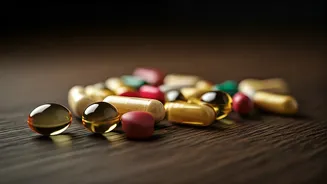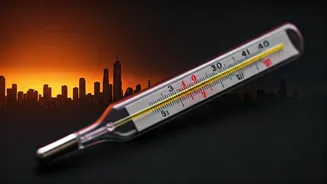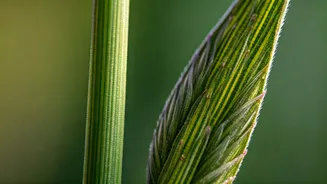Vitamin A Benefits
Vitamin A is essential for cell growth, including hair cells. It helps produce sebum, an oily substance that moisturizes the scalp and keeps hair healthy.
A deficiency in Vitamin A can lead to hair loss, so incorporating it into your diet is essential. Good sources include sweet potatoes, carrots, spinach, and animal products like eggs and milk. Eating a balanced diet with Vitamin A helps maintain a healthy scalp, which is a key factor in promoting hair growth. Consider consulting with a healthcare professional before dramatically increasing vitamin intake, as excessive amounts can have negative effects. The recommended daily intake varies depending on age and sex, so tailor your intake to suit individual needs.
B Vitamins Power
B vitamins, particularly biotin (B7), play a critical role in hair health. Biotin is known for its ability to strengthen hair, making it less prone to breakage. Other B vitamins, like B12, help carry oxygen and nutrients to the scalp, fostering hair growth. You can find B vitamins in various foods, including whole grains, nuts, meat, and dairy products. Deficiencies can lead to hair thinning and loss. Supplements are an option, but a balanced diet remains the best way to get enough B vitamins. Remember that while these vitamins are crucial, they work best when incorporated into a comprehensive hair care routine. For those considering supplements, consulting a healthcare provider is prudent to understand potential interactions or side effects.
Vitamin C's Role
Vitamin C is a potent antioxidant that helps protect against the damage caused by free radicals. This damage can hinder hair growth and contribute to aging. Vitamin C is also vital for the production of collagen, a protein that is a structural component of hair. Good sources of Vitamin C include citrus fruits, berries, and bell peppers. Consuming enough Vitamin C supports strong, healthy hair and helps in iron absorption, another essential nutrient for hair health. Regularly incorporating Vitamin C into your diet can lead to improved hair strength and growth. It's often recommended in conjunction with other vitamins, like Vitamin E, to maximize its antioxidant benefits. This combination can support both hair and overall health.
Vitamin D's Influence
Vitamin D is linked to hair follicle cycling, and deficiencies have been associated with hair loss. The body produces Vitamin D when exposed to sunlight, but it can also be obtained through food sources, such as fatty fish and fortified foods. Vitamin D can help stimulate new hair follicles, leading to improved growth. Consider a blood test to check your Vitamin D levels, as supplementation may be necessary if levels are low. Optimal Vitamin D levels promote a healthier scalp environment, which supports hair growth and overall hair health. This vitamin is often an overlooked aspect of hair health, so its inclusion in your routine could prove beneficial, particularly for those with limited sun exposure.
Vitamin E's Support
Vitamin E is another powerful antioxidant that helps protect hair from damage. It also promotes blood circulation to the scalp, stimulating hair growth. Sources of Vitamin E include nuts, seeds, and vegetable oils. Consuming Vitamin E helps reduce oxidative stress, contributing to a healthier scalp and stronger hair. You can also apply Vitamin E topically through hair oils or serums. Vitamin E works best when taken with Vitamin C, as they synergize to enhance antioxidant benefits. These vitamins, along with a balanced diet and proper hair care, can dramatically improve the health and appearance of your hair. Ensure your diet covers your daily needs to see real change.















